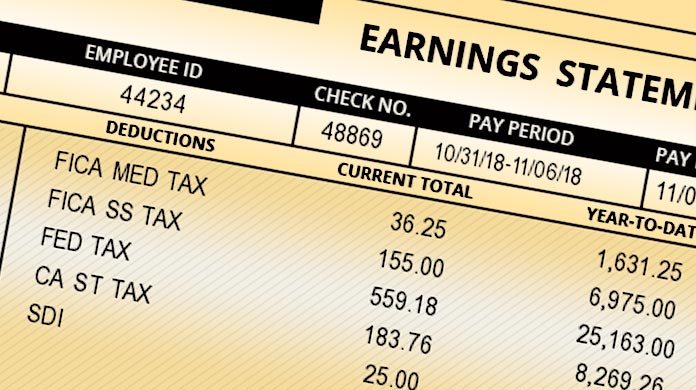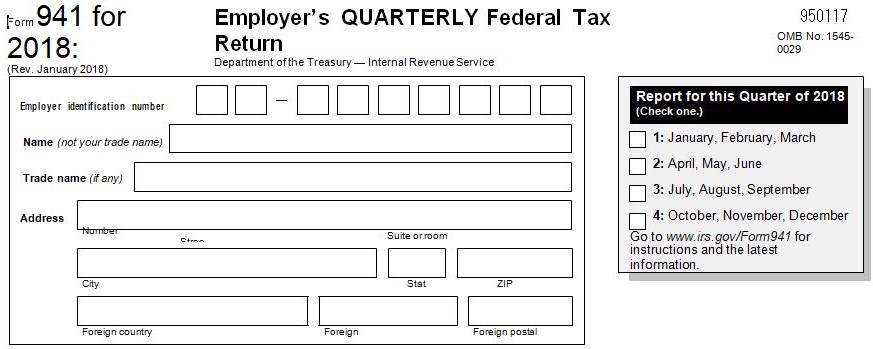
Changes To Alimony Deductions and The Tax Implications
With changes brought about by the Tax Cuts and Jobs Act, many people are left wondering how they will be affected come tax time. One change in particular will change negotiations for divorce agreements that will be finalized after Dec. 31, 2018 and could possibly give rise to old divorce agreements being revisited. That change concerns the deductibility/taxability of alimony and unlike other changes, this one is permanent.






